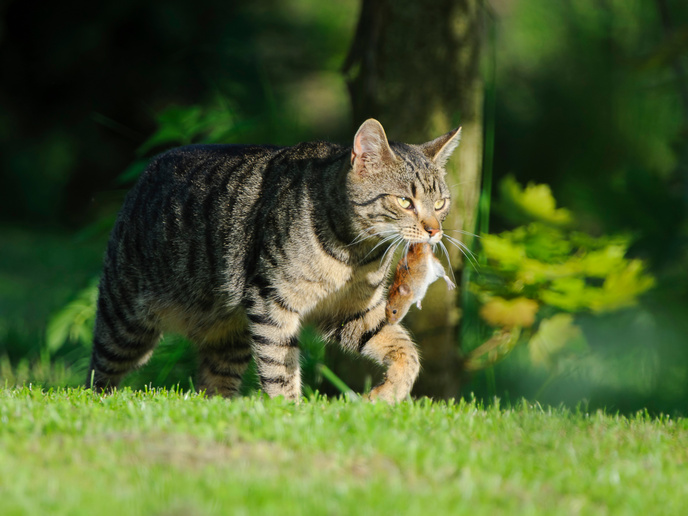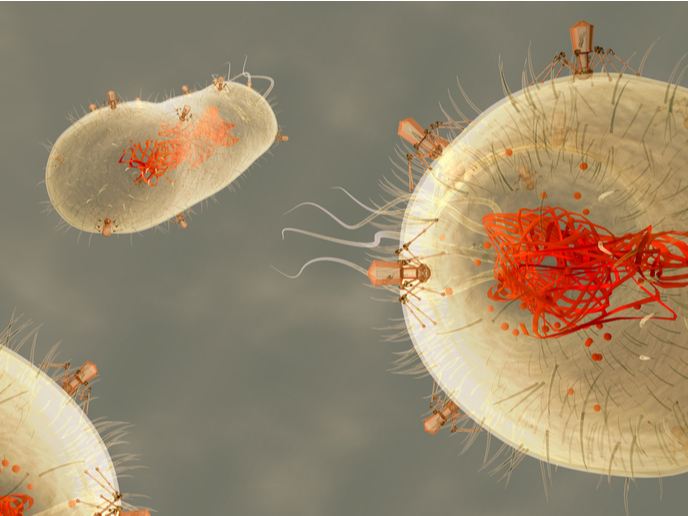Identifying genes for cooperation in insect societies
A widespread process in some insect genera, cooperation can be used to understand basic mechanisms regulating complex behaviours in colonies. The molecular mechanisms behind this behaviour are well known for organisms such as the honey bee, but less so for other insects. The EU-funded EVOCOOP (Multi-level analysis of the evolution of cooperative behaviour in social insects) initiative aimed to understand cooperative behaviour in two social insects that have evolved different levels of sociality. The researchers analysed the highly social fire ant Solenopsis invicta and the much less social paper wasp Polistes dominula. Researchers studied colony founding and colony maturity as the two key stages in the life history of social insects. They chose to compare cooperative behaviour against aggression (both occurring during colony founding and in mature colonies) as, despite appearing as opposite processes, they are two faces of the same coin, potentially regulated by the same molecular effectors. EVOCOOP characterised the genomic regulation of cooperative behaviour in fire ants using RNA sequencing. The team analysed the genes of multiple queens (foundresses) in a newly founded colony and how these foundresses cooperate. Furthermore, the team tested the patterns of expression of key genes for cooperation and aggression in paper wasps. They discovered that the vitellogenin gene, activated in the brains of the insects, was associated with aggressive behaviour. Understanding the relationship between social behaviour and genomics in cooperative insects will provide valuable insight into the genetic mechanisms of insect sociality.







